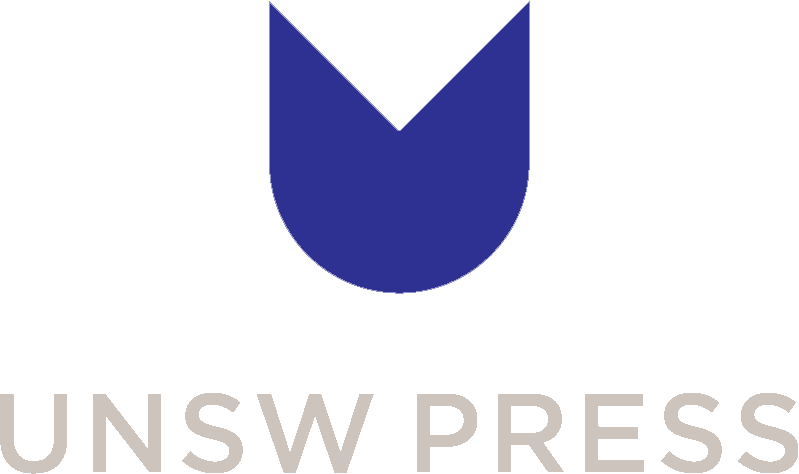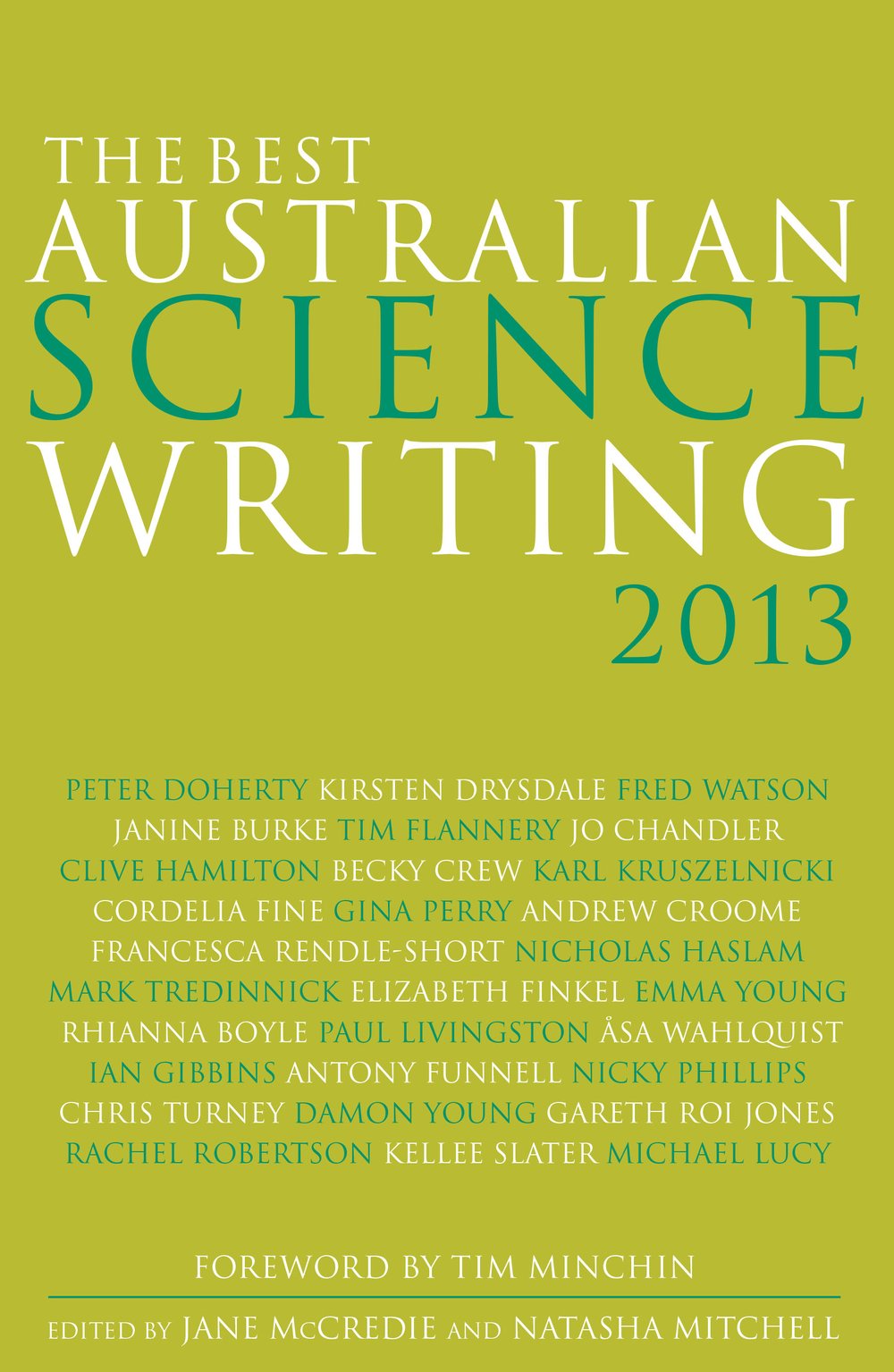'Science is not just about gadgets and technological solutions. It is about interest and wonder; it is about stories.'
This is an edited excerpt from the speech delivered by Dean Professor Merlin Crossley, Faculty of Science, UNSW, at the launch of The Best Australian Science Writing 2013 and the awarding of prizes for the Bragg UNSW Press Prize for Science Writing by the Governor of New South Wales, Professor Marie Bashir AC CVO, at Government House, Sydney on 29 October 2013.
Welcome to the UNSW Bragg Prize for Science Writing and the launch of this new book from NewSouth Publishing: The Best Australian Science Writing 2013.
Let me begin with a verse of poetry, and I will end with another by the same author. I love science, but I like poems too and this one is by a great mathematician. It’s about a walk along a beach – you will recognise it:
The Walrus and the Carpenter
Were walking close at hand;
They wept like anything to see
Such quantities of sand:
‘If this were only cleared away,’
They said, ‘it would be grand!’
What is the relevance here? Well, all that sand made me think of all the stuff, all the information that is piling up on the internet, about Twitter, email, and Facebook, and political sound bites on the radio. This is the sand of communication that obscures the gems of writing – we may have a twenty-first century Shakespeare amongst us, we may have a Pliny the Elder, we may have a Lucretius, and an Aristotle, but how can we find them given the airwaves are full of tweets? All this detritus makes me weep, too, so we need people with discernment to go through and clear away the sand.
Lewis Carroll’s poem continues:
‘If seven maids with seven mops
Swept it for half a year,
Do you suppose,’ the Walrus said,
'That they could get it clear?’
'I doubt it,’ said the Carpenter,
And shed a bitter tear.
How true – seven maids with seven mops could never sift through all the internet noise, in half a year, to reveal the gemstones lying below. But fortunately Jane McCredie, Natasha Mitchell and their team of discerning readers have worked for, not half a year, but a full year and they have succeeded in clearing away the sand. In the modern age quality is sometimes eroded into sand, but diamonds withstand all this and the editors have produced a collection of ‘science-writing gems’ that captures the wonder and the talent that we have here in Australia.
Editorial work like theirs has never been more important. There is so much wonder in science. I am not a poet but I enjoy poetry; I am not a great artist but I enjoy the art gallery; I am not a great actor but I enjoy theatre. Likewise many people who do not work in science enjoy great science and I am so grateful to Jane and Natasha and Kathy Bail at UNSW Press for their work in identifying good science writing and collecting it in a book.
These people are themselves scientific wonders, and their teams – including the judging panel such as Tanya Monro and Frank Bowden – are wonderful creatures that sift through small particles to select the nuggets of value. They are like exquisite oysters that filter seawater in our beautiful harbour, they are like the magnificent whale sharks that patrol the west Australian coast, like the beautiful blue bottles that traverse our oceans searching for edible prey, like the royal spoonbills that are returning even to Sydney rivers – I saw one in the Cooks River the other day. This team of discerning editors is to be congratulated; editors and discernment are important.
They have found as many wonders as the walrus and the carpenter could imagine. To continue the quote, when you read the book you’ll realise:
‘The time has come,’ the Walrus said,
‘To talk of many things:
Of shoes – and ships – and sealing-wax –
Of cabbages – and kings –
And why the sea is boiling hot –
And whether pigs have wings.’
And you will find the answers to all these questions and more – because science is not just about gadgets and technological solutions. It is about interest and wonder; it is about stories.
And to encourage good science writing, to recognise it, to prevent it falling into obscurity, into oblivion, to mark it so it stands out, UNSW supports this prize – now in its second year – the Bragg UNSW Press Prize for Science Writing, named after the Australian Nobel Laureates the Bragg father-and-son team, and also named after the importance of ‘bragging’ about Australian science. We never want good science or good science writing to be forgotten. To finish with another poem about a beach from Lewis Carroll, this time from ‘The Hunting of the Snark’, we never want this to happen to science writing:
He had forty-two boxes, all carefully packed,
With his name painted clearly on each:
But, since he omitted to mention the fact,
They were all left behind on the beach.
Let’s hope that through this annual collection no good science writing will be forgotten and left behind on the beach with all those tweets and emails and vast quantities of sand. Thanks to these annual anthologies our science writing will never be lost or forgotten.
The Best Australian Science Writing 2013 is available now from NewSouth Publishing.


